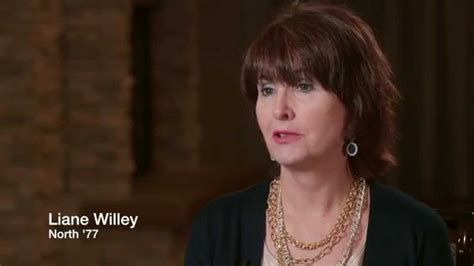A Quote by Tony Attwood
From my clinical experience, I consider that children and adults with Asperger's Syndrome have a different, not defective, way of thinking.
Related Quotes
There are many facts within fiction. This captivating story provides invaluable insights into the childhood of a girl who has Asperger’s syndrome. Fiction allows the author to explore different perspectives and add poignancy to the experiences of sensory sensitivity and being bullied and teased of someone who has Asperger’s syndrome. The title Delightfully Different describes Asperger’s syndrome but also the qualities of this novel.
Exploring Feelings for Young Children with High-Functioning Autism or Asperger's Disorder: The STAMP Treatment Manual offers practical recommendations and creative practices that will certainly help young children with high functioning autism or Asperger's syndrome overcome their struggles with the really tough issues blocking their positive growth and development. Therapists, educators and parents caring for autistic children who endure a heavy load of anger, distrust, difficult interpersonal relationships, poor self-esteem and self-doubt need this excellent book.
Many teachers think of children as immature adults. It might lead to better and more 'respectful' teaching, if we thought of adults as atrophied children. Many 'well-adjusted' adults are bitter, uncreative, frightened, unimaginative, and rather hostile people. Instead of assuming they were born that way, or that that's what being an adult entails, we might consider them as people damaged by their education and upbringing.
The new concept of the child as equal and the new integration of children into adult life has helped bring about a gradual but certain erosion of these boundaries that once separated the world of children from the word of adults, boundaries that allowed adults to treat children differently than they treated other adults because they understood that children are different.
Working with children is very different than the way in which I work with adults. I never tell the children the actual truth of the thing that I want them to act. Although children are really into play and play acting, and this is a major part of their existence, they never actually find the playing or acting of adults credible.
The first expert said he had attention deficit disorder. The second expert said the first was out of order. One said he was autistic, another that he was artistic. One said he had Tourette's syndrome. One said he had Asperger's syndrome. And one said the problem was that his parents had Munchausen syndrome. Still another said all he needed was a good old-fashioned spanking.


































